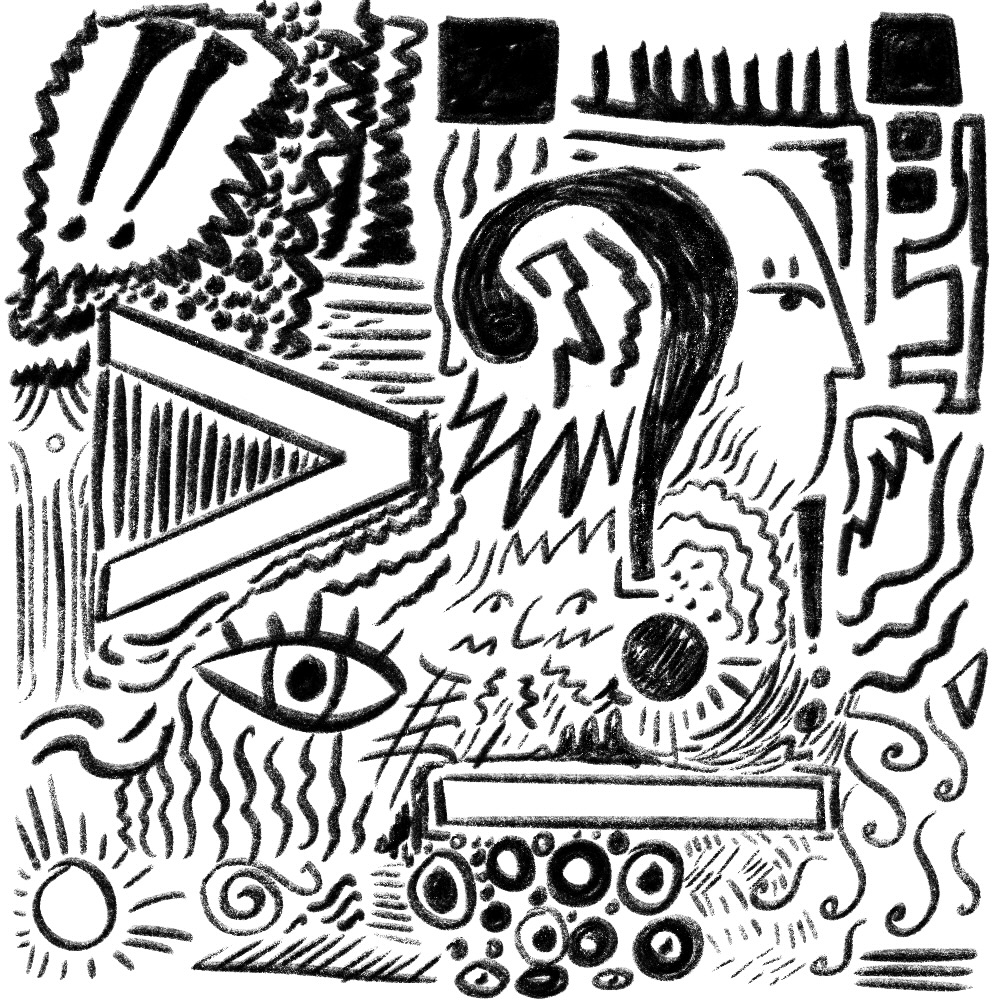The computer science major should require an ethics course
May 3, 2024
 This
piece represents the opinion of the author
.
This
piece represents the opinion of the author
.
 Henry Abbott
Henry AbbottI watched “The Social Dilemma” back in 2021, and it fundamentally changed my perspective on technology. It clearly and exhaustively laid out various design mechanisms embedded in social media apps that keep you scrolling far longer than you intend to. The documentary interviewed ex-senior employees of Facebook, Google and other tech companies who exposed how engagement-driven algorithms feed users divisive content that makes them upset, angry but more importantly, online.
As social media illustrates, technology is not amoral. Choices made during the design, development and deployment of a technology shape outcomes for its users and for the societies in which they live. Therefore, designers and engineers have agency that they can use to deliberately encode positive values into their products—or not. Big Tech companies understand this, as demonstrated by the increasing presence of ethics teams in Silicon Valley. However, these teams are not afforded the authority or staffing necessary to achieve their proclaimed goals. This means that design choices with moral implications are being outsourced to project managers and software developers who often lack the moral frameworks necessary to weigh the potential consequences of their decisions. Even worse, these employees work under pressure from executives whose ultimate incentive is to raise the company’s stock price.
Under these constraints, I think it is imperative that computer science professionals receive ethical training during their education. While this may not be feasible in a bootcamp environment, it is certainly attainable at colleges and universities—especially liberal arts institutions. Therefore, I propose that the Department of Computer Science (CS) at Bowdoin require CS majors to learn about ethical design.
There are two complementary ways that this could be achieved.
First, the CS department could add a class entirely centered on technology ethics as a core major requirement. This would be very doable. Bowdoin’s computer science major currently consists of ten classes: three core classes (data structures, algorithms and computer systems), one math class and six CS electives spread across four subfields. While an additional core class would make the major longer, the added benefit to students outweighs the potential hardship, especially because it would not be a technical class. Students may find that taking it alongside another CS course actually diversifies their workload rather than worsening it. Furthermore, this wouldn’t require hiring a new professor or even creating a new course.
Technology and the Common Good is a class taught by Professor of Digital and Computational Studies (DCS) Fernando Nascimento. I joined the class during the Add/Drop period after I didn’t get a math class, but it has significantly affected how I think about computer science. This semester, we have covered four main technologies—AI, VR, the Internet of Things and robotics—and analyzed their current and potential implications through philosophical and ethical frameworks. We have discussed the general do-no-harm approach and its failures and limitations and have been introduced to the Central Capabilities approach, which prioritizes improving peoples’ lives. In relation to the Common Good, we have landed on the idea that a worthwhile technology is one that enhances the possibilities of every person in important dimensions: life, bodily health, practical reason and affiliation, among others. This class has given me essential tools that I think will prove highly useful in navigating the tech world after graduation.
The CS department could simply require Tech and the Common Good for its major. However, some adjustments would need to be made. Intro to DCS is a prerequisite for Tech and the Common Good, but this requirement could be waived for those who have taken Intro to CS or the equivalent. Additionally, the DCS department would likely need to offer a section every semester to keep up with demand.
Another option is for the CS department to create an ethical design class of its own. This would enable more control and flexibility as the CS department, rather than the DCS department, would determine course content, prerequisites, who teaches it, when it’s offered and how many sections to offer.
The second way that the CS department at Bowdoin could ensure its graduates engage with value-based technology development is to integrate design ethics modules into their existing classes. While computer-science-trained faculty may not be comfortable teaching philosophy or ethics themselves, there are numerous relevant teaching materials online. The Harvard School of Engineering and Applied Sciences has a collection of dozens of free online modules ranging from Ethical Tradeoffs in Operating Systems Design to Sustainable AI. This would allow for even more dexterity—faculty could integrate these programs into their courses at particularly salient times.
If Bowdoin truly believes that “literary institutions are founded and endowed for the common good” and that students’ intellectual capabilities ought to be “cultivated and improved for the benefit of society,” then our academic training should reflect this. Our computer science graduates should be a force for positive change in tech, and this proposal is a step towards accomplishing that.
Caroline Berney is a member of the Class of 2026.

Comments
Before submitting a comment, please review our comment policy. Some key points from the policy: